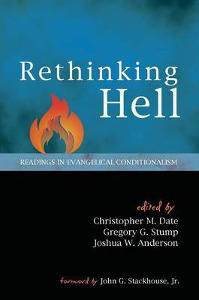









If St Paul’s first letter to the Corinthians is all true, then premillennialism is false.
My non-religious readers may have no idea what I’m talking about. I can sympathise. I think (but I could be wrong) that this might be the first time I have ever written about this subject at the blog. I stopped thinking about arguments over things like the “millennium,” the “rapture,” the “great tribulation” and the like some time ago. It’s interesting in a way, don’t get me wrong, but after thinking about theology for some years now those things just feel like they belong in the toybox of Christian theology. That’s not to say there are no truths associated with them, it’s just that they remind me so much of sensational books and relatively pointless squabbles between seminary men in tweed jackets with patches on the elbows in journals like Bibliotheca Sacra in the 70s and 80s (not that I was around when these things happened – I was born in 1975). And yet, it’s a serious subject within Evangelical theology and deserves to be taken seriously when coming to terms with Evangelical theology.
The subject of premillennialism was raised in a recent discussion, and I made the comment that I think St Paul’s view expressed in the first letter to the Corinthians (chapter 15), if true, would rule premillennialism out altogether. Somebody asked me why I thought this, and here you are, reading my answer. I’ll unpack the terminology as we go.
Read More



 Some people attribute storms and floods in the UK to divine judgement for same-sex marriage. Some people attribute an earthquake in Haiti to an alleged pact with the Devil.
Some people attribute storms and floods in the UK to divine judgement for same-sex marriage. Some people attribute an earthquake in Haiti to an alleged pact with the Devil. Why are we all suddenly going to Sam Harris for insight on Gaza?
Why are we all suddenly going to Sam Harris for insight on Gaza?



 I had the pleasure of briefly chatting with George Penk on the show “The Forum” on
I had the pleasure of briefly chatting with George Penk on the show “The Forum” on 